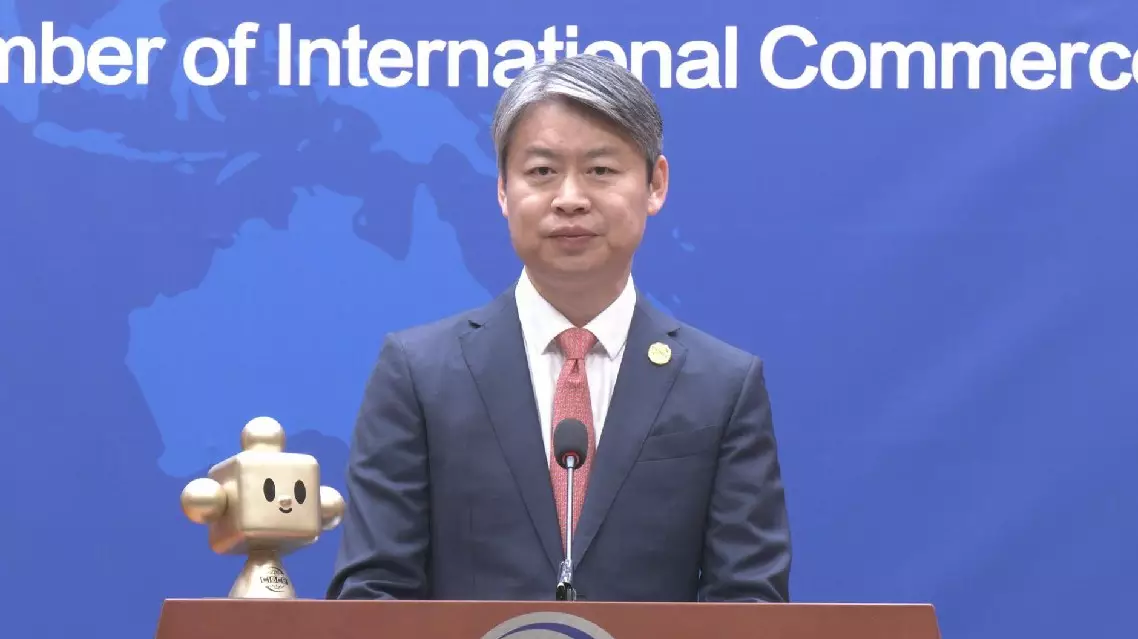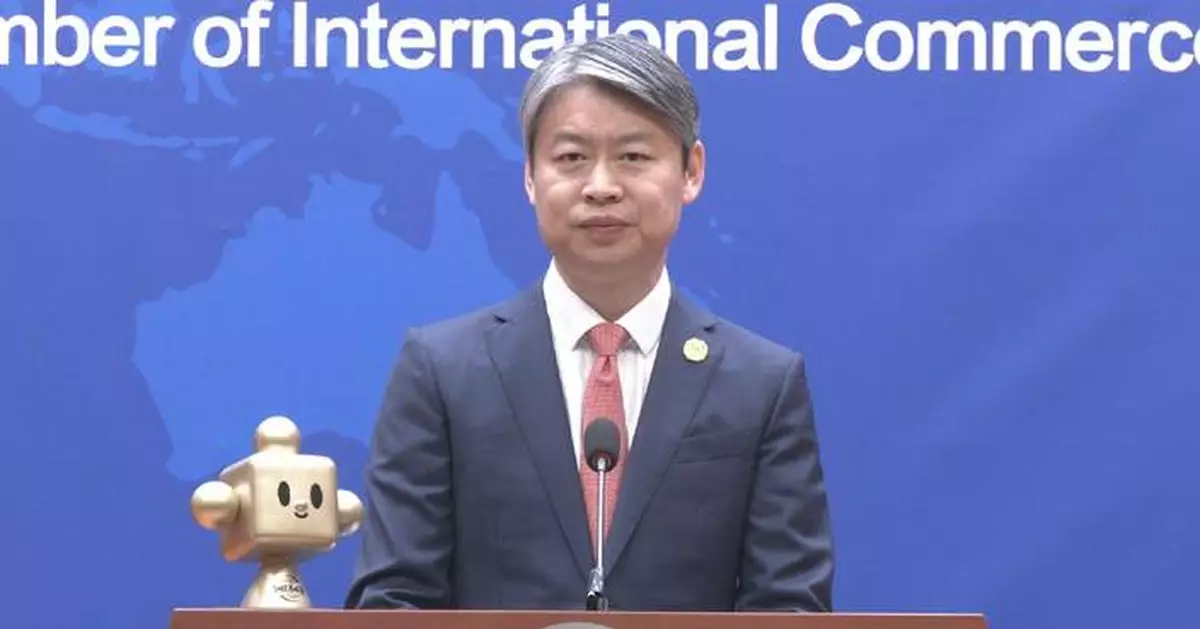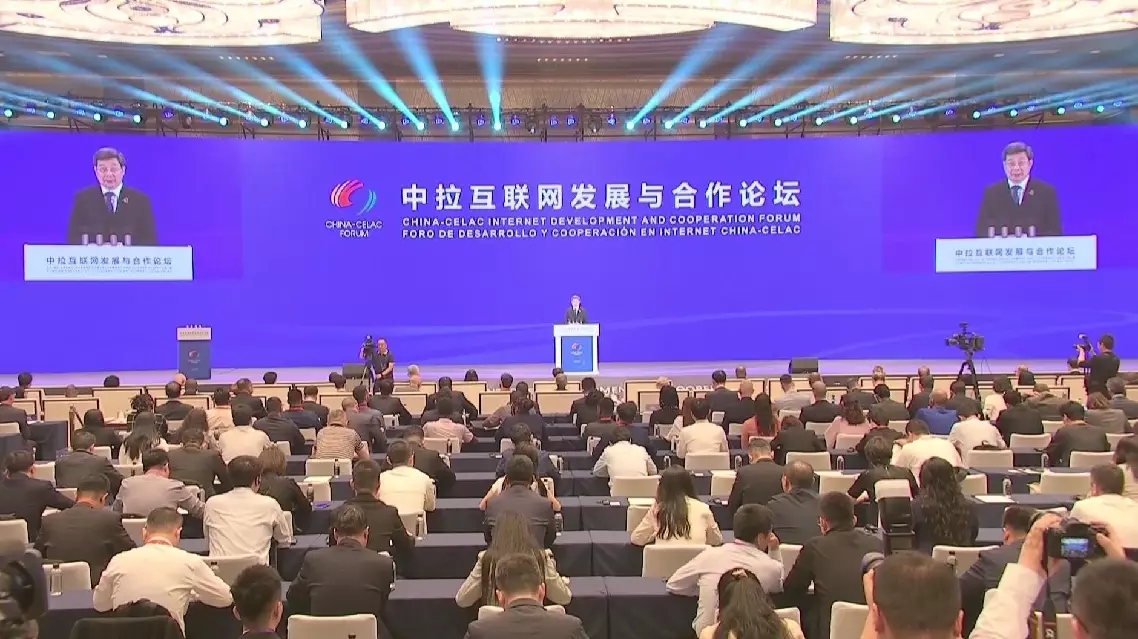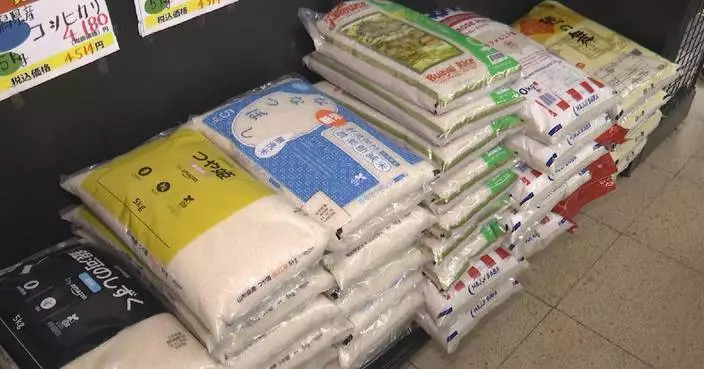The China Council for the Promotion of International Trade (CCPIT) on Thursday called on the United States to lift restrictions on investments aimed at China.
According to the U.S. Department of the Treasury on Monday, the U.S. has finalized restrictions on investments by U.S. individuals and companies into advanced technology sectors in China, including the semiconductor, quantum computing and AI sectors.
The council said that it has expressed strong concern over the U.S. investment restriction rules on China. In the rule-making process, the council submitted a written statement pointing out that these restrictions are based on erroneous assumptions and distorted facts, representing typical economic coercion and technological bullying. Such measures do not address the U.S.' stated national security concerns and instead have serious adverse impacts on relevant industries in both China and the U.S., while also undermining the security and stability of global industrial and supply chains, according to the council.
"Both Chinese and U.S. business communities hope to collaborate based on the principles of market economy and fair competition to achieve mutual benefit and win-win outcomes. We strongly call on the U.S. to lift such investment restrictions," said Sun Xiao, spokesman of the trade promotion body, at a press conference.

China's trade promotion body urges US to lift restrictions on investment






















































